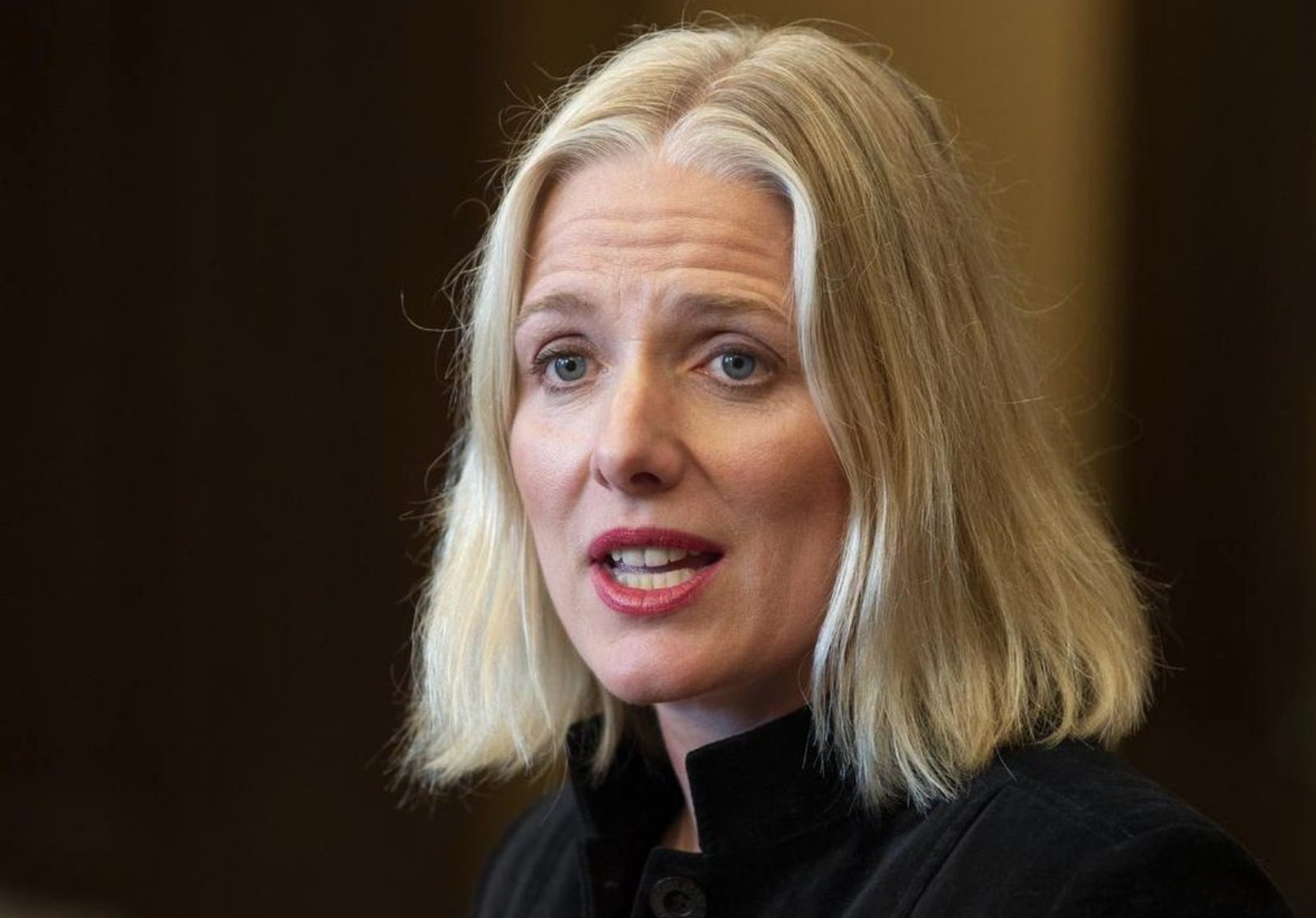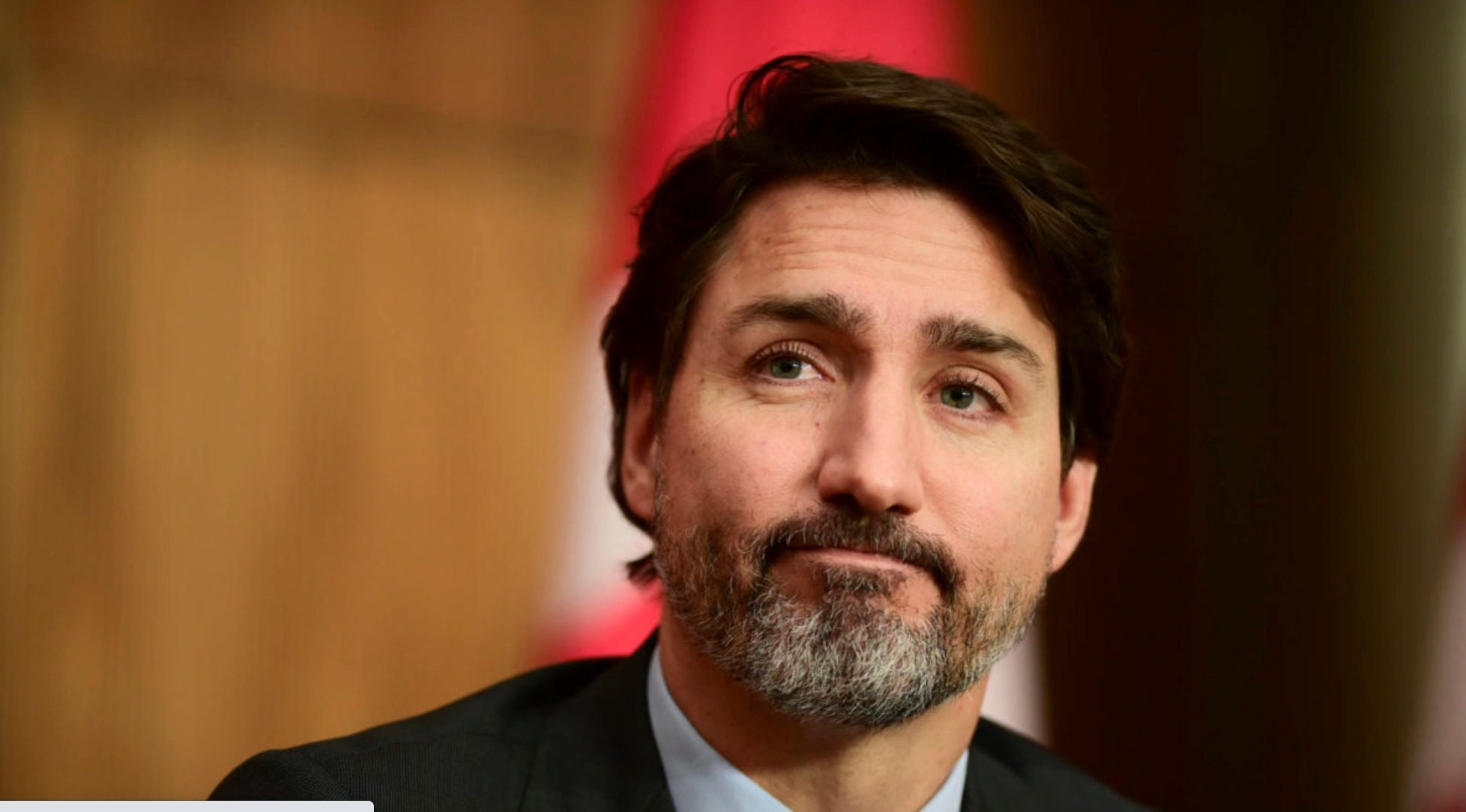In the aftermath of the 2019 election, former cabinet minister, Peter MacKay, aptly noted that one of the main reasons Conservatives lost to Justin Trudeau and the Liberals was because of their controversial social beliefs. According to MacKay, Conservatives were handicapped, both by Andrew Scheer's regressive views on same-sex marriage and abortion, and from the litany of so-con candidates who embarrassed the party with their constant "bozo eruptions."
While social conservative blunders were by no means the only reason for Scheer's defeat, they were one of the party's greatest weaknesses, especially among undecided and non-partisan voters. Think of it as the Conservatives' Achilles' heel. Or, as MacKay so memorably put it, the "stinking albatross that hung across their necks."
In the seven months since he replaced Scheer as leader, Erin O'Toole has taken some steps to neutralize the Conservatives from future attacks. While no progressive trailblazer, he has at least backed a few pro-LGBTQ policies, and has vocalized his support for a woman's right to an abortion, which is more than Scheer ever did to modernize the party.
Thus far in his tenure, it would appear that O'Toole has made some progress in mollifying the concerns of a wary public over the party's social conservatism.
However, in attempting to reassure the electorate that he and his party do not hold antiquated views on other issues namely climate change O'Toole has had far less success.
During the recent Conservative Party convention, O'Toole tried his best to convince party members of the significant threat posed by climate change, and of the importance for Conservatives to present a serious plan to address it.
"We cannot ignore the reality of climate change" he proclaimed.
"We have now fought and lost two elections against a carbon tax because voters did not think we were serious about addressing climate change. And I will not allow 338 candidates to defend against the lie from the Liberals that we are a party of climate change deniers."
Unfortunately for O'Toole, his speech was not inspiring enough to prevent 54 per cent of Conservatives party members from voting against a resolution, which if passed, would have recognized "that climate change is real."
As a result, the public was left with unsettling impression that the Conservative Party has yet to accept the scientific consensus on the climate crisis.
In typical fashion, the Liberals did not miss a beat in criticizing the Conservatives. And why wouldn't they? Even just the perception of climate change denial is far too valuable of political ammunition to not utilize.
One cannot blame the party membership entirely for the Conservative's poor reputation on climate change though. Notwithstanding his relatively positive rhetoric at the Conservative convention, O'Toole is far from innocent on the climate file.
Consider his response to the Supreme Court's landmark ruling the other week, which upheld Ottawa's constitutional right to tax carbon emissions.
Upon hearing news of the decision, federal politicians across the spectrum lined up to voice their approval. They included representatives from not only the Liberal government who implemented the policy, but also progressives from both the NDP and Green Party.
Conspicuously missing from the celebrations, was O'Toole, who chose to isolate himself from his federal counterparts by pledging his undying opposition to the tax.
No matter the overwhelming support of climate scientists, economists, the majority of the public, and now, the Supreme Court of Canada, a carbon tax is still only met with ire from the Conservative leadership.
O'Toole, like Scheer and Stephen Harper before him, is simply unable to view a carbon tax as anything other than a government cash grab; one which harms both industry and the everyday citizen even when presented with evidence to the contrary.
Not that any of that evidence matters to O'Toole. On the issue of climate, he continues to handicap himself, and the party he leads.
Unless something significant changes like the release of a comprehensive climate mitigation plan Conservatives are likely to find themselves dragged down again by yet another "stinking albatross."












